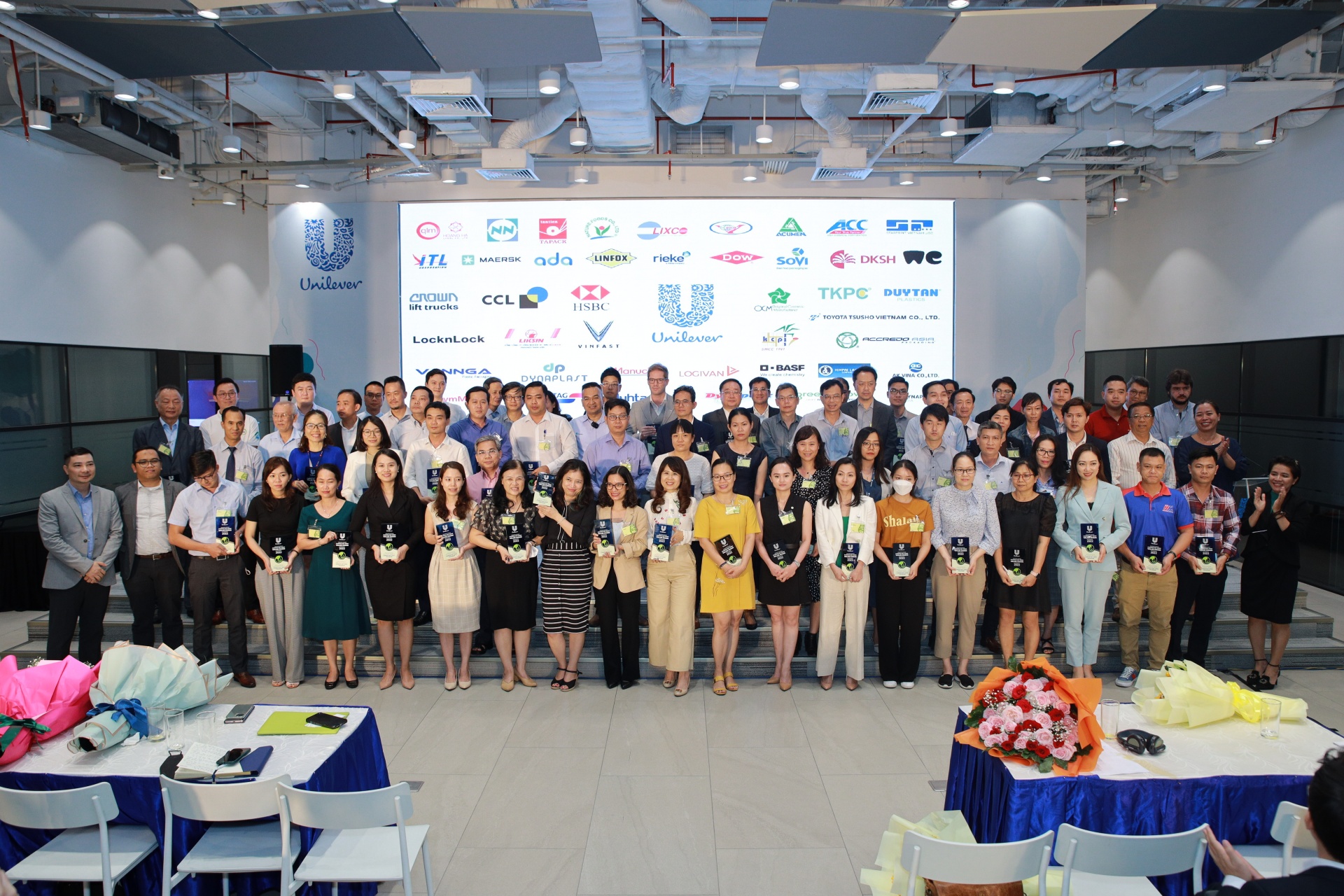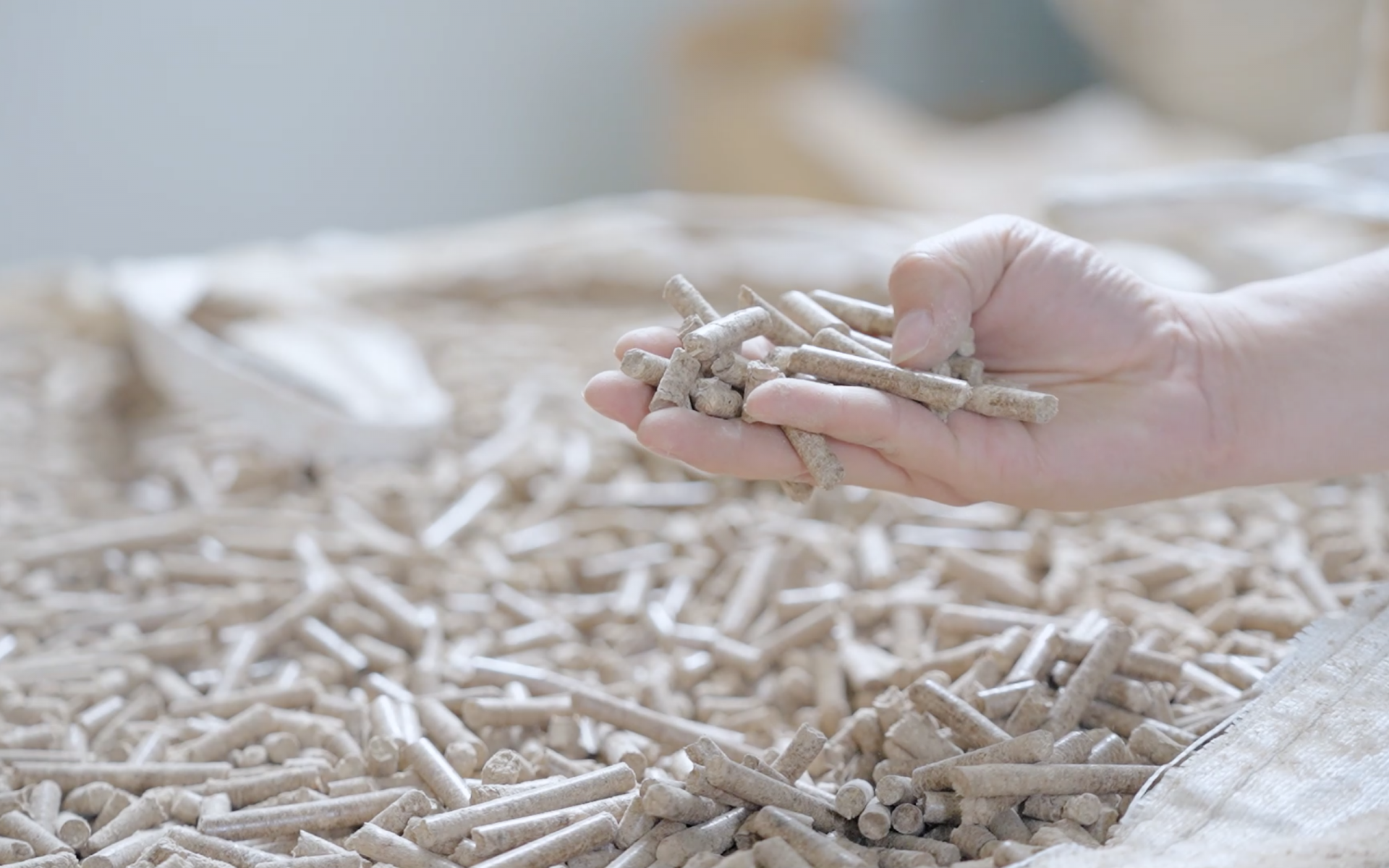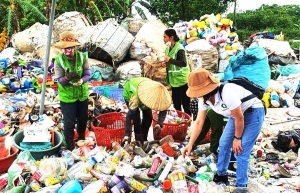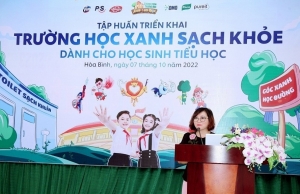Unilever Vietnam to build net-zero value chain by 2039
 |
Commitments and goals
Unilever has the vision to drive sustainable development by fulfilling its environmental and social commitments and reaching the goal of making sustainable living commonplace. Although more efforts are needed to contribute to the improvement of society and the planet, the company remains steadfast in its aspirations to become a pioneer on the sustainable development journey.
Climate change is no longer a future problem as it is having an adverse impact on daily life, the economy, and society. Therefore, Unilever Vietnam has stepped up its efforts in response to climate change with specific goals. Accordingly, it aims to reduce its operational emissions in absolute terms by 70 per cent by 2025 (against the 2015 baseline) and 100 per cent by 2030. In the long term, the company is heading towards a carbon net-zero value chain by 2039.
To facilitate these goals, it takes a holistic approach to monitor the operation of its entire value chain, the activities of its brands, as well as its corporate social responsibility efforts.
Outstanding actions and achievements
Unilever Vietnam has eliminated carbon emissions from its operational activities. Although carbon makes up a small portion of the emissions from the entire value chain, Unilever has made efforts to directly control these emissions.
Specifically, the company has researched and used biomass fuel. These are clean wood pellets that are recycled from damaged pallets, wood chips, and rice husks to use for boilers. The biomass fuel completely replaces fossil fuels and diesel.
 |
In addition, to reduce indirect emissions from electricity consumption and gear up its efforts in renewable energy, Unilever Vietnam has added the I-REC certificate for all power sources at its factories and offices. This means that all carbon emissions through electricity consumption are considered positive carbon.
Over the 2007-2021 period, Unilever Vietnam managed to reduce almost 9,700 tonnes of CO2 per year. The initiative to use biomass fuel has made the company a pioneer in the transition from diesel oil to biomass fuel, contributing to a reduction of 276 tonnes of CO2 and 511kg of SOx gas.
With the great efforts and determination of the whole team, Unilever Vietnam reached the goal of net-zero carbon emissions in 2021, nine years ahead of its target.
“Over 75 per cent of the carbon footprint in Unilever Vietnam’s supply chain comes from its input materials and other external activities,” said Pham Manh Tri, vice president of Supply Chain at Unilever Vietnam.
Unilever Vietnam cannot fulfil its climate goals alone. The company needs the joint efforts of all partners and suppliers across its entire value chain to develop and take measures to cut greenhouse gas emissions.
Unilever has achieved some positive results from its partnership efforts to lower emissions in the value chain. Specifically, it has reduced 100 per cent of carbon emissions and 100 per cent of the cartons for its transportation from packaging supplier Dynaplast.
Along with this, by the end of 2021, the company had already converted to 100 per cent electric forklifts, contributing to a reduction of around 2,000 tonnes of CO2 emissions at all of its distribution centres when compared with the previous year.
The company has also made great efforts in implementing the circular economy model by managing plastic waste, broken pallets, and cartons, turning waste into energy and fertiliser to serve manufacturing activities.
Those are the foundation for Unilever Vietnam to further promote cooperation with partners and suppliers in its value chain. At the “Carbon net zero value chain” conference, Unilever Vietnam signed MoUs with Crown, Dynaplast, Green Yellow, Linfox, Lix, and VinFast, as well as obtained advocacy from nearly 200 other partners.
 | Unilever Vietnam to empower one million women for an inclusive future In a continuation of their 15-year collaboration, Unilever Vietnam and the Vietnam Women’s Union have signed a strategic 5-year partnership to 2027 to empower over one million women through multiple key missions. The partnership is expected to narrow the gender gaps across many fields, underpinning sustainable development in Vietnam. |
 | Unilever Vietnam to collect 12,000 tonnes of plastic waste Plastic waste segregation at source is critical in bringing plastic back to serve business activities while promoting the Circular Economy model in Vietnam. Collecting and processing more plastic waste than packaging sold in the market is also a commitment that Unilever needs to achieve by 2025. |
 | Unilever brands a force for development of future generations The “Green - Clean - Healthy School” project is a Unilever Vietnam initiative to bring a better environment and a digital curriculum to millions of school students nationwide. |
What the stars mean:
★ Poor ★ ★ Promising ★★★ Good ★★★★ Very good ★★★★★ Exceptional
Related Contents
Latest News
More News
- Trung Nam-Sideros River consortium wins bid for LNG venture (January 30, 2026 | 11:16)
- Vietnam moves towards market-based fuel management with E10 rollout (January 30, 2026 | 11:10)
- Envision Energy, REE Group partner on 128MW wind projects (January 30, 2026 | 10:58)
- Vingroup consults on carbon credits for electric vehicle charging network (January 28, 2026 | 11:04)
- Bac Ai Pumped Storage Hydropower Plant to enter peak construction phase (January 27, 2026 | 08:00)
- ASEAN could scale up sustainable aviation fuel by 2050 (January 24, 2026 | 10:19)
- 64,000 hectares of sea allocated for offshore wind surveys (January 22, 2026 | 20:23)
- EVN secures financing for Quang Trach II LNG power plant (January 17, 2026 | 15:55)
- PC1 teams up with DENZAI on regional wind projects (January 16, 2026 | 21:18)
- Innovation and ESG practices drive green transition in the digital era (January 16, 2026 | 16:51)

 Tag:
Tag:




















 Mobile Version
Mobile Version